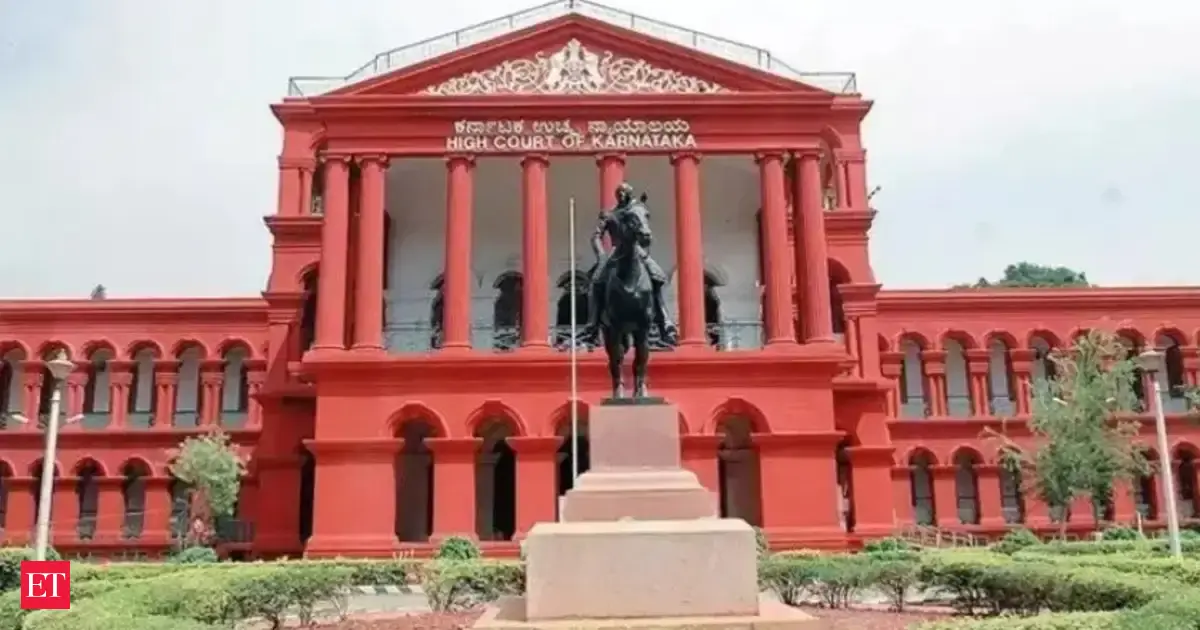Opinion | Built In Bharat, For World: What Zoho, Vembu Teach Us About Swadeshi & Atmanirbharta
By Aditya Pittie,News18
Copyright news18

The Wizard of Tenkasi
I recently spent a day in Tenkasi with Sridhar Vembu Ji, the maverick founder of Zoho. It was not a typical corporate visit; it felt like walking through a living manifesto. From his thoughtfully designed traditional home, where he served us a sumptuous farm-to-table lunch, to the water ponds he is helping create nearby, to the conversations about robotics and rural talent, the message was clear: greatness can be frugal, world-class can be local, and prosperity can be engineered from the ground up.
Zoho’s story is now part of Indian entrepreneurial lore: a global software leader built without leaning on the usual crutches — no hyper-marketing, no vanity blitz, no venture capital. In Tenkasi, global operations meet village life; intellectual property is created where rice paddies abound; and a world of software quietly rivals and beats global Big Tech.
A Product Universe that Rivals Giants
It is fashionable to describe Zoho as “India’s Microsoft competitor.” That misses the essence. Zoho is not merely a low-cost bundle of apps; it is an integrated work operating system—from CRM, finance, HR, and analytics to collaboration, email, service desks, low-code platforms, and developer tools—designed to let a small business run like a large one, and a large enterprise move with the agility of a startup. The breadth is astonishing; the coherence is the advantage. Each product learns from and talks to the others, with a relentless focus on value over noise.
Beyond the core suite, Zoho’s consumer-grade tools are earning serious buzz. The privacy-first messaging app Arattai has seen a surge in interest among users seeking a secure, Made-in-India alternative. Zoho Show has matured into a world-class presentation tool: elegant themes, live collaboration, and seamless publishing without the lock-in or bloat.
Zoho optimizes for control over its own stack—data centres, core technologies, R&D—so customers are never trapped by pricing games or third-party dependencies. In a world of rent seeking bundles and perpetual upsells, Zoho’s steady, sensible products feel like a ‘Swadeshi’ (local or home-grown) service, promoting ‘Atmanirbharta’ (self-reliance).
The Zoho Way: Frugal Excellence, Rural First
Sridhar Vembu did something rare for an entrepreneur at the peak of global success: he moved home — not to a metro, but to a village in Tamil Nadu. He didn’t bring Silicon Valley to Tenkasi; he built something more interesting—Tenkasi for the World. This is a systems design that aligns four things:
1. Talent where it lives. Rural and small-town youth are not “support” talent. Trained right, they are builders of core products.
2. Education that works. Zoho Schools of Learning proves that hands-on, skill-first training beats credentials when the goal is competence.
3. Operations that respect place. Offices distributed beyond metros, architecture tuned to the climate, and daily life that eliminates urban burn while increasing belonging and satisfaction.
4. Ownership of IP. From code to chips to research, Zoho invests in the fundamentals, so India owns what India builds.
I left Tenkasi with a simple realization: if a company can build high-end software from a village and serve millions of global users, then “location” has lost its dominance. What remains and what counts is the vision, discipline, and values.
Atmanirbhar Bharat: Self-Reliance without Isolation
Zoho demonstrates that the Atmanirbhar model is open-armed self-reliance—produce here competitively, sell everywhere proudly, and keep the most precious assets (talent, IP, trust) rooted in India. This is not about closing doors; it is about widening runways.
When Zoho manufactures knowledge in India it does three things simultaneously:
• Creates high-value jobs beyond metropolitan areas—a real solution to urban congestion and unequal opportunity.
• Strengthens national capability—from data security to product design to customer support at global standards.
• Models a values-driven capitalism—frugal, ethical, and committed to community uplift.
In our conversations, Sridhar Ji repeatedly spoke about redefining economic value: it is not just revenue alone, but rather how much value we add locally—the number of meaningful jobs, the spread of skills, and the rise in dignity and quality of life. He champions building in our backyard—power tools, robotics, advanced instruments—because Swadeshi is not a slogan; it is a strategy to move up the value chain.
Pi Labs and the Hardware Horizon
Many founders stop at software. Vembu Ji is pushing into applied hardware and deep tech through initiatives like Pi Labs—targeting imports we treat as inevitable and replacing them with domestic innovation. This matters significantly as hardware defines independence. If we can build the instruments, the tools, the control systems that underpin industry and healthcare, we open a new frontier of resilience and export strength. Imagine Indian-built medical devices and material-handling systems powering factories and hospitals across the global South. That is Viksit Bharat expressed in steel and silicon, not just in slides.
A Blueprint Others Can Borrow
From my day in Tenkasi and years of building in India, here is a replicable playbook:
1. Adopt Indian tech. If Zoho does the job, use Zoho. Every procurement rupee that rewards Made-in-India excellence builds a flywheel.
2. Decentralize talent. Set up satellite pods in Tier 2/3 towns; recruit locally; pair training with real-world projects.
3. Own (or co-own) your IP. Partner with Indian institutes; invest in core R&D; build deeper moats.
India stands at a Goldilocks moment and a pivotal moment in history: a young workforce, digital public rails (UPI, Aadhaar, DigiLocker, Account Aggregator), improving logistics, and the Make in India initiative. We do not need permission from anyone to seize our destiny. What we need are more Zoho’s that convert potential into reality.
In the wake of restrictive foreign visa walls and increasing barriers elsewhere, building in India is not only patriotic but also rational and imperative.
A Personal Note of Thanks
Visionary leaders like Sridhar Ji and institutions like Zoho demonstrate the path to Viksit Bharat: world-class products built in India, IP owned in India, high-value jobs across India, and a Swadeshi spirit that is practical, ethical, and proudly modern. If we, as founders, CEOs, policymakers, and citizens, align around that path—adopting Indian tech, building here without apology, training where we live, and exporting trust—we will not merely catch up; we will set the pace.
I went to Tenkasi to see a company. I found Viksit Bharat in the making.
The author is an angel investor and startup mentor for the Atal Innovation Mission, Government of India, and the Atal Incubation Centre-Rambhau Mhalgi Prabhodhini. He is presently the Convenor (Western Maharashtra) of the BJP Intellectual Cell and has recently co-edited the book Modi’s North East Story. Views expressed in the above piece are personal and solely those of the author. They do not necessarily reflect News18’s views.



